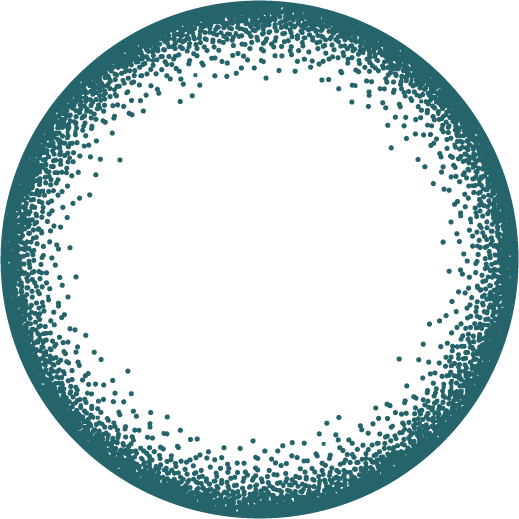NEW PARADIGM
What is the Forum New Economy?
More and more economists around the world are searching for innovative concepts to make economic and societal trends more sustainable. To promote such work, bringing them to Berlin and exploring their real value, is one of the main goals of this Forum.
BY
FORUM NEW ECONOMYPUBLISHED
28. OCTOBER 2019READING TIME
4 MIN
Modern democracies today are confronted with a deep crisis of confidence that three decades of poorly managed globalization and exaggerated faith in the efficiency of markets have contributed to. While markets may produce huge benefits, an all too orthodox belief in their merits has left behind a raft of challenges that now threaten to overwhelm our societies. These include inequality, climate change, financial instability, decaying infrastructure, and a backlash against globalization reflected in a widespread popular feeling of lost control over politics as well as individual destiny.
To solve this crisis and prevent populists from filling the vacuum, governments need more than just answers to specific policy challenges. If we are to restore the credibility of our democracies, a new narrative and policy framework is required that recognizes the limitations of markets, lays out a more innovative role for the state and broadens our view of what comprises economic success. To regain confidence in the future, people must believe that policy-makers are driven by a vision of society in which the fruits of economic activity are shared broadly and where people exercise real control.
To accelerate the emergence of such a new understanding we are launching an open-minded and politically independent New Paradigm Platform (now: Forum New Economy) in Berlin. Backed by leading German and international experts and institutions, it aims to practically contribute to a more economically, financially, socially and environmentally sustainable prosperity. As the critical European part of a growing international network, the Platform’s secretariat will commission innovative work and organize expert meetings and events to facilitate exchange between academics, policy-makers, politicians and business leaders. It will provide a landing strip in Germany and Continental Europe for innovative ideas from the US, UK and elsewhere and bring creative German thinkers together and their ideas to a broader audience.
Preparations for the Platform started in early 2017 and have included a dozen publications and five New Paradigm workshops. The work is supported by leading thinkers and policy-makers including Nobel laureate George Akerlof, Mariana Mazzucato, Branko Milanovic, Adair Turner, Pascal Lamy, Moritz Schularick, Tom Krebs, Jens Südekum, Jakob von Weizsäcker, Marcel Fratzscher, Gabriela Ramos, Michael Jacobs, Laurence Tubiana, Rob Johnson, Harold James and Jean Pisani-Ferry. The Platform will work with a powerful network of partners including the OECD, DIW Berlin, the Institute for New Economic Thinking, the European Climate Foundation, Jacques Delors Institut and the Young Scholars Initiative. There will be a Paris hub at OFCE institute. The work is funded by the Hewlett Foundation, Mercator, Bennemann and Canopus Foundations, as well as by INET, IMK and ECF.
The Platform will focus on reducing inequality of incomes and wealth; stabilizing financial markets and making them serve the economy again; ensuring that globalization and new technologies work for all; making climate policies part of a broader economic agenda; designing fiscal policies that stabilize rather than aggravate economic fluctuations; exploring the role of paradigms in policy-making; and promoting fundamental research into the transformation of modern economies.
